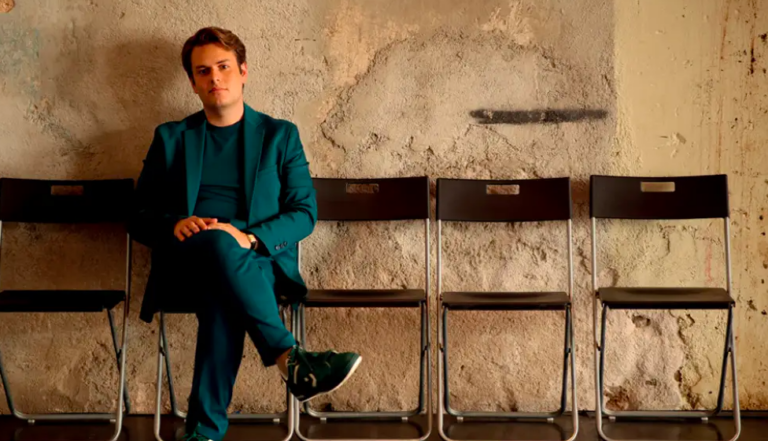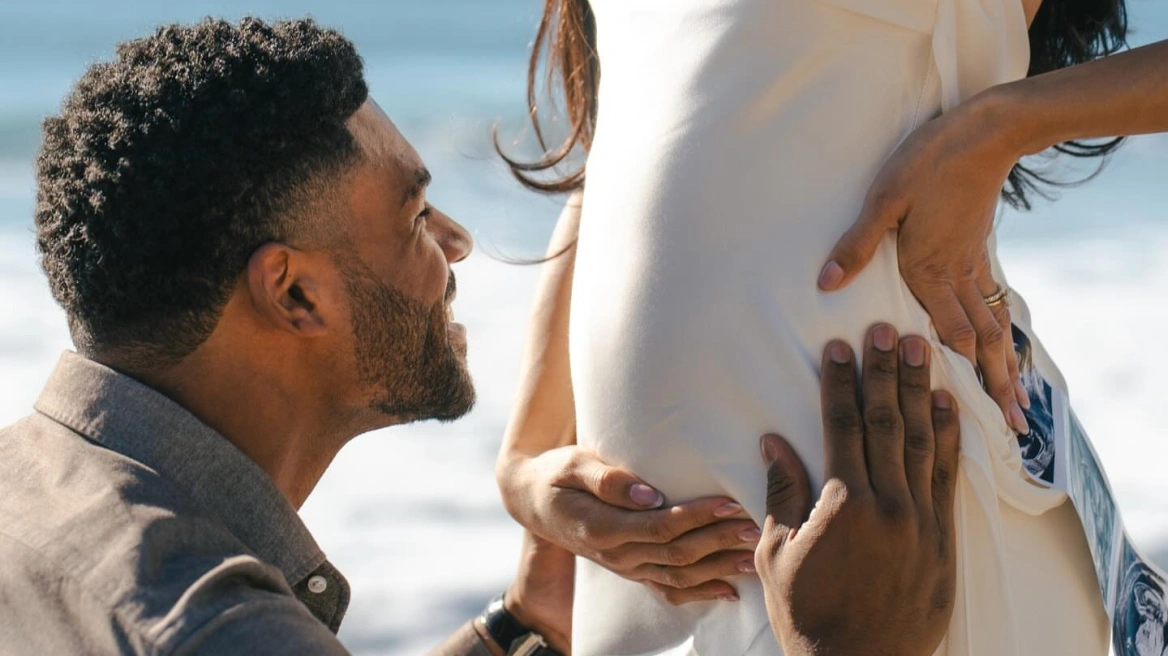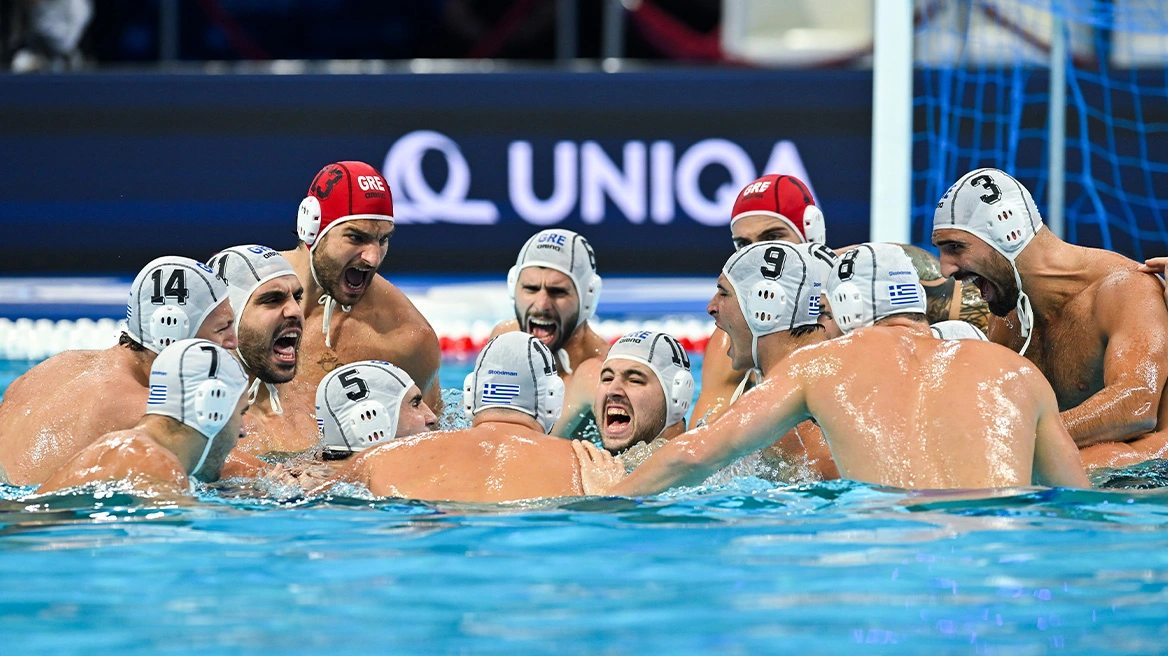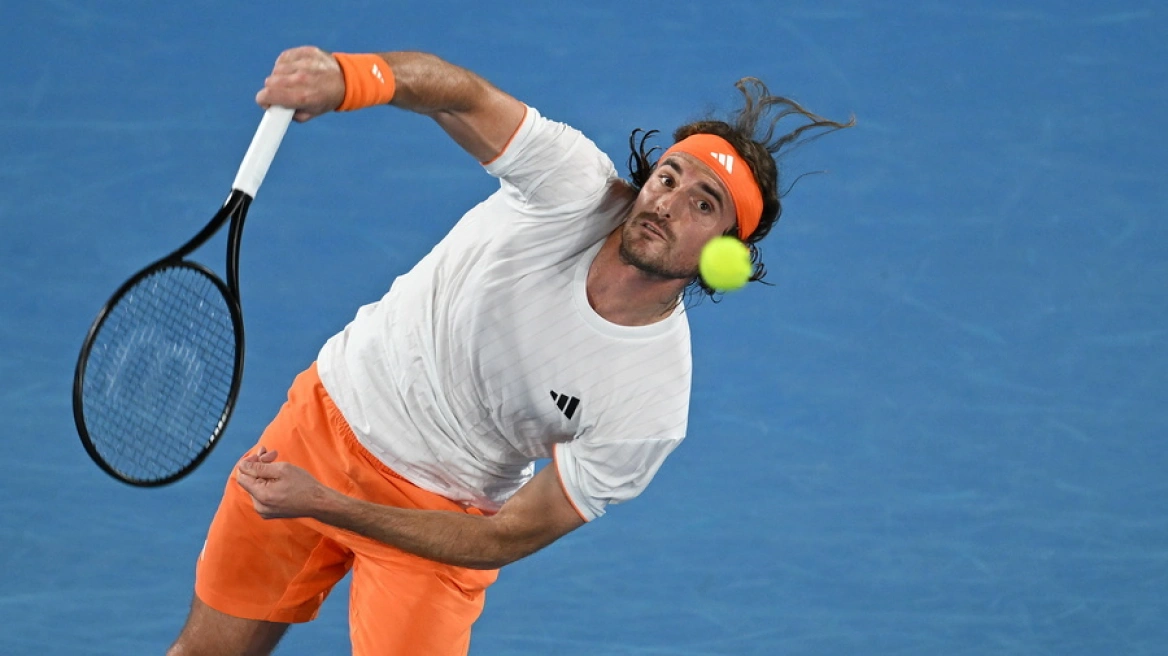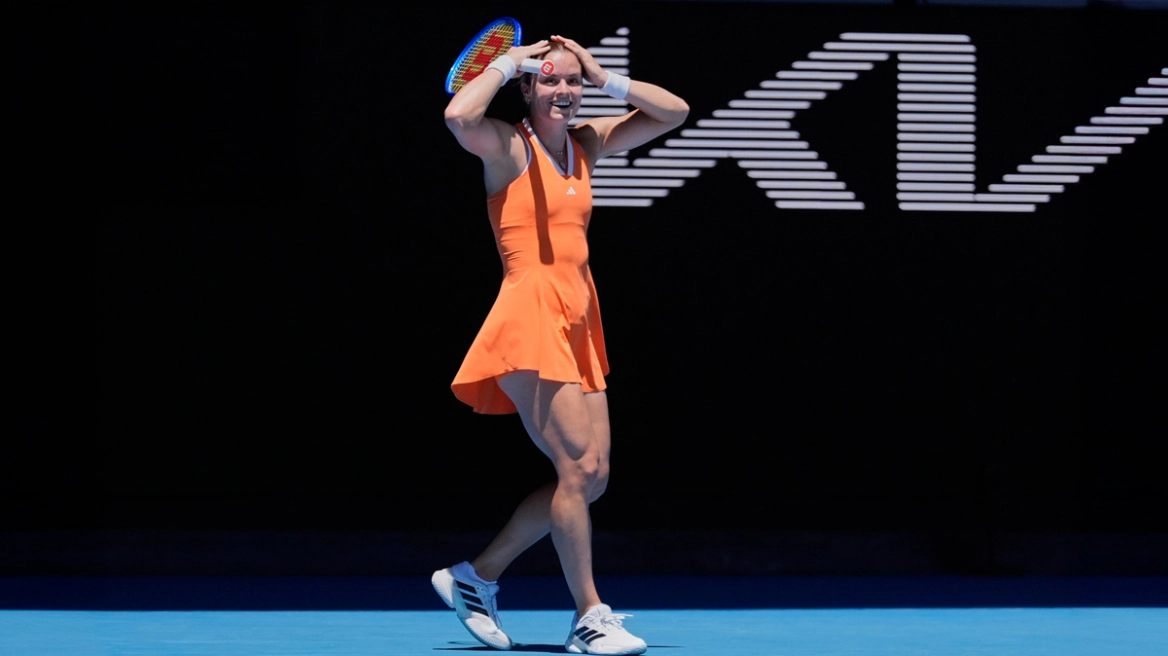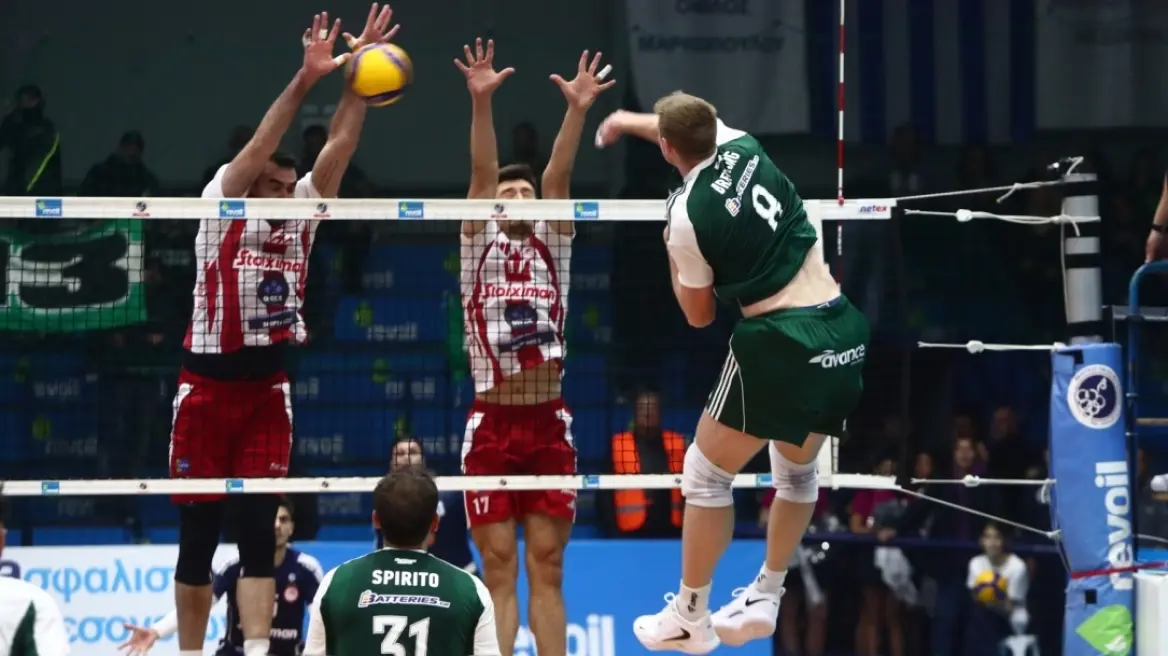Early Life and Artistic Journey
Konstantinos Vasilakopoulos showed an inclination toward the arts from a young age: “I didn’t like sports; as a child, I took lessons in painting, dance, and music.” His artistic journey began with sketches he wrote and performed with his family. Later, he formed his theater troupe with classmates, staging performances at the local theater in the small town where he grew up, foreshadowing his future career in theater. Despite deciding to study Psychology in Athens, his passion for the stage was decisive. Following his instincts, he moved to the Netherlands to study Directing in Amsterdam, an experience that helped him shape his artistic identity. Now, he returns to Greece to direct the play “Outro”—meaning the end of a piece, a book, a conversation, the epilogue—performed at the PLIFA venue in Votanikos until the end of October.
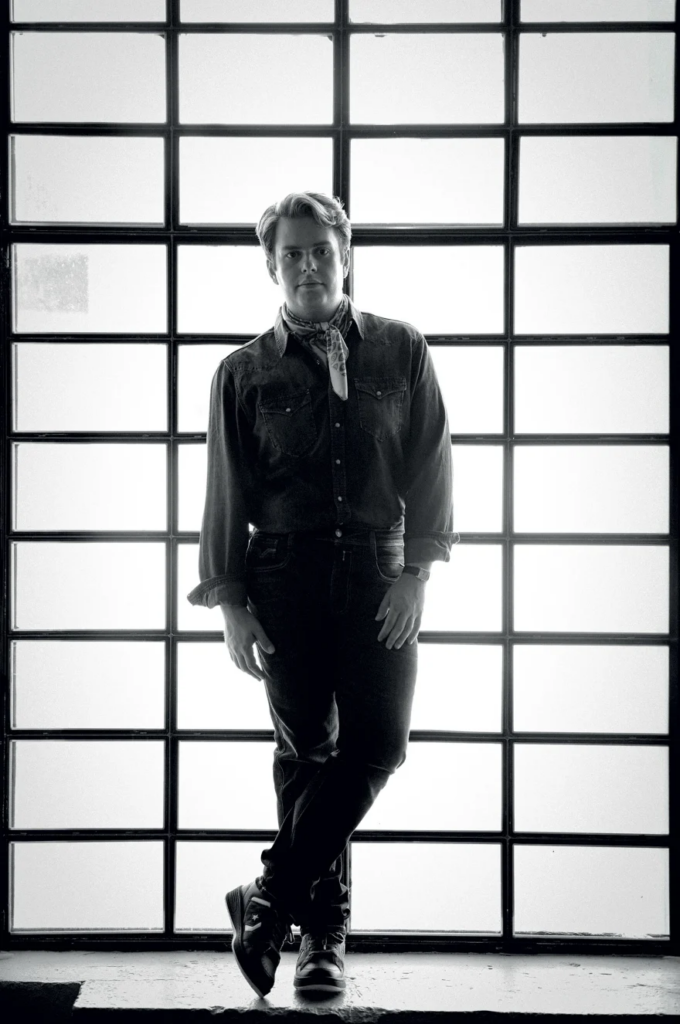
Adapting Classic Works to Modern Greek Society
“Outro” is an adaptation of a work by Jean-Luc Lagarce, which Vasilakopoulos has reinterpreted within a contemporary Greek context. “The play is about an artist returning to his homeland and attempting to reconnect with his family,” says the director, noting that his choice to return to Greece with this play was no coincidence. “Growing up in a closed society in rural Greece during the 1990s, I know very well what it means to dream of escaping the environment you live in—a place with no tolerance for diversity that suppresses all your natural tendencies through selective ignorance. Stagnation suffocates me,” he says, explaining his need to explore different cultures and draw inspiration from his experiences.
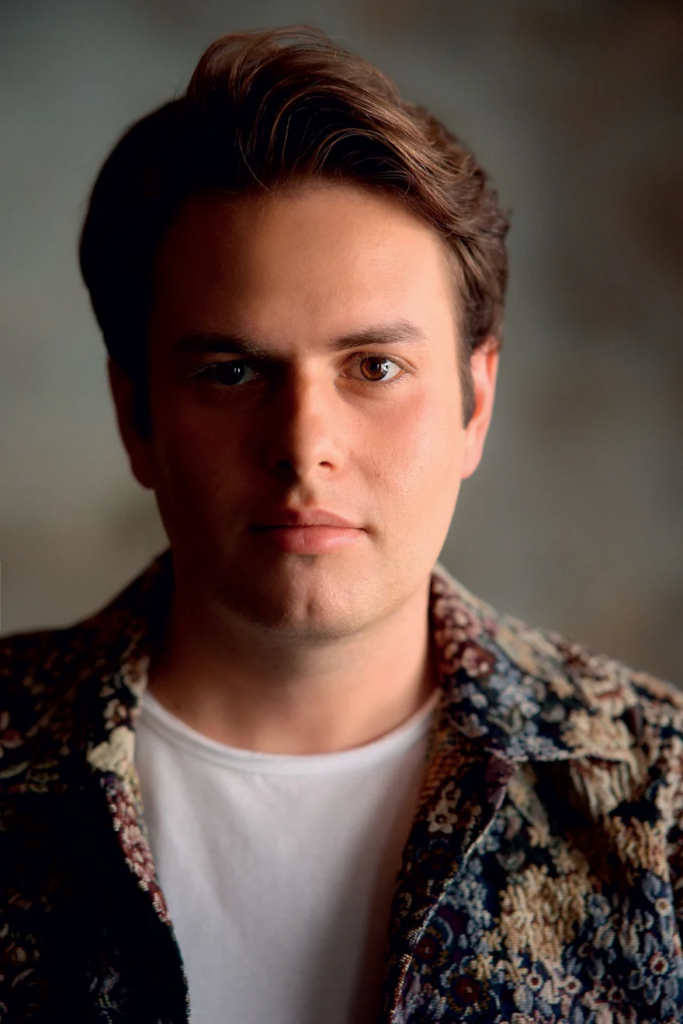
European Influences and Social Reflection
With deep European influences, Vasilakopoulos has been shaped by major directors such as Krzysztof Warlikowski, Ivo van Hove, and Guy Cassiers, with Paolo Sorrentino as a key reference point. “Sorrentino plays a lot with the sense of decay and decline,” Vasilakopoulos notes. The European theater scene, especially in the Netherlands where he studied, emphasizes the social role of theater. Following a similar approach, he aims to confront his audience with thought-provoking and dialogue-inspiring topics: “I want to create theater that makes the audience think.”
Returning to Greek Roots
Returning to Greece, Vasilakopoulos strives to blend his international influences with his Greek roots. The central theme of “Outro” is familial relationships and neuroses, issues that resonate with him deeply. “The play explores the difficulty of communication. We speak without substance to avoid real contact,” he says, pointing out that the play focuses on the protagonist’s family, where conflicts and isolation prevail. Vasilakopoulos draws parallels between the characters and Greek society, especially outside major cities. “In rural areas, you live for what you ‘should’ do, not for what you ‘want’ to do. Any social deviation is not easily accepted. I have included my own experiences in the play. I’ve given the characters words I’ve heard or have been told to me. We live for social acceptance, not for love,” he stresses, highlighting the need for more meaningful communication.
A New Beginning in Greek Theater
In his first professional venture as a director in Greece, Vasilakopoulos collaborates with renowned actors Giota Festa and Giorgos Karamihos. “The choice was magical. It came instinctively,” the director explains, emphasizing how fortunate he feels to be working with such esteemed artists. He clarifies that he doesn’t see theater merely as an art form but as a means of change. Through “Outro,” he wants to address issues that concern us daily but are often avoided. “I want to make theater because I believe I can change things,” he says, hoping that the audience will leave the performance with a greater desire for honest expression. “Outro” promises not only to provoke thought but also to inspire.
Ask me anything
Explore related questions
